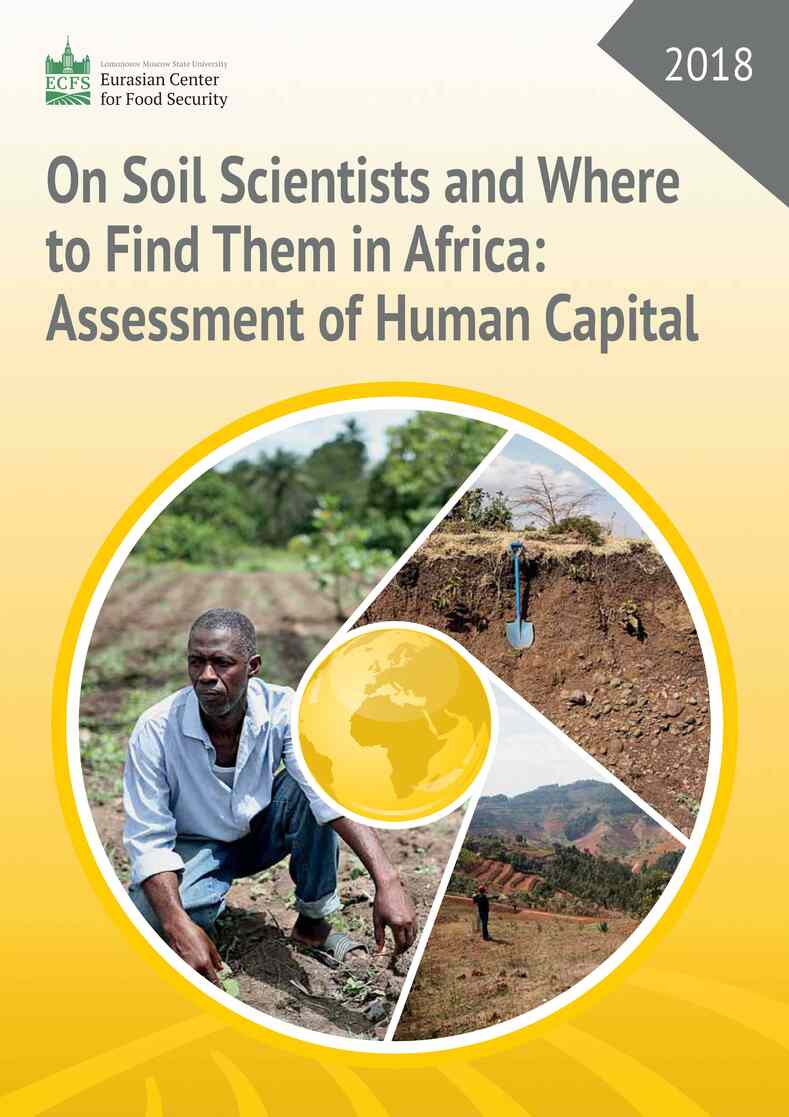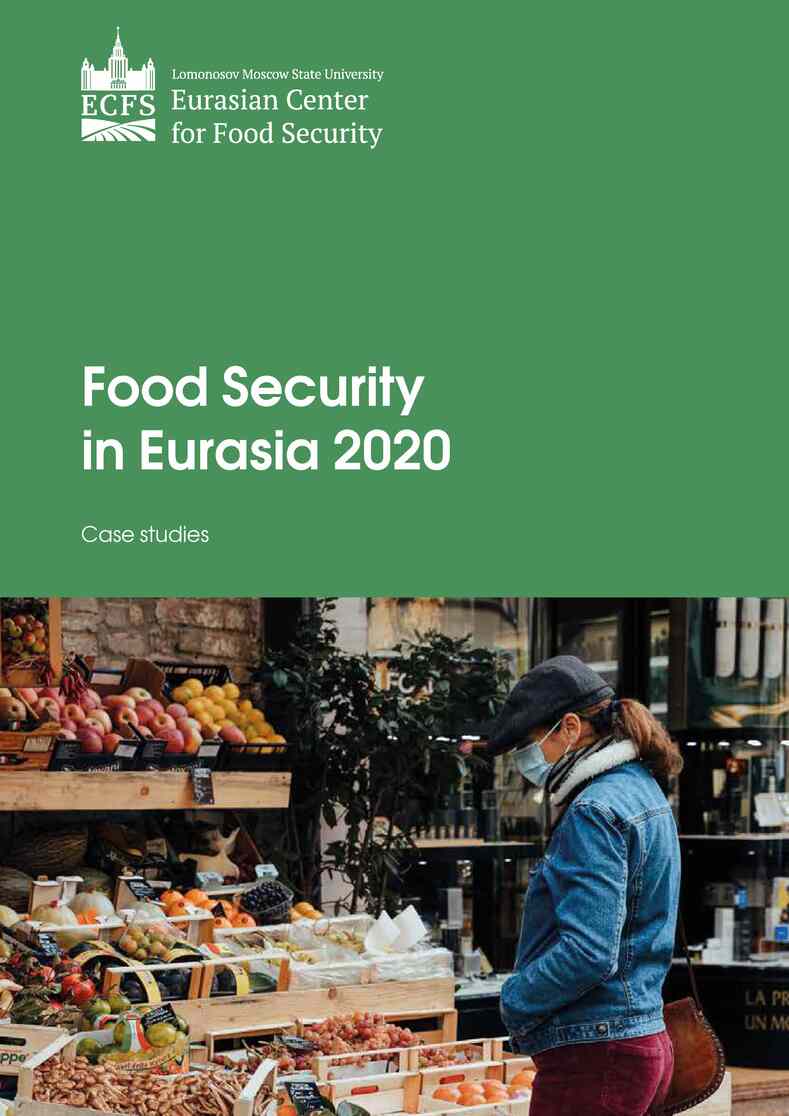The World Bank and the Eurasian Center for Food Security (ECFS) prepared a report on the production of organic products and the regulation of their market in the Eurasian Economic Union (EAEU). The report focuses on a comparative assessment of the production and markets of organic products in the five EAEU countries (Armenia, Belarus, Kazakhstan, the Kyrgyz Republic, and Russia) and investigates the institutional landscape, main constraints, and challenges for the development of organic agriculture in the region. It also identifies promising areas for integrating the interactions of the member states to build the potential for cooperation and to form a common market for organic products.
Executive summary is available in English.
The report is based on country studies conducted in 2019 by World Bank experts from the EAEU member states. Studies have shown that EAEU countries define terms and basic concepts differently; as a result, the countries’ approaches to the development of organic production differ significantly.
The report is aimed at a wide audience. Authors believe that it will be useful to all stakeholders of the developing the organic agriculture sector in the EAEU: producers and consumers of organic products, government regulatory bodies, development institutions supporting organic agriculture, supranational institutions of the EAEU, public associations, and thematic media.
There are nine sections in the report, structured as follows:
- Section 1 addresses key trends in the global organic market and the place of EAEU countries there; it also outlines the general principles of how OA functions.
- Section 2 presents key OA stakeholders, describing their respective roles and areas of activity.
- Section 3 focuses on benchmarking institutional aspects of OA in member countries (basic concepts, national initiatives and policies for OA development, legislative framework, and government support).
- Section 4 discusses national resources for OA development (scientific and technological capacity, education and advice in support of OA).
- Section 5 describes market infrastructure and arrangements for the sale and use of organic products.
- Section 6 deals with socio-psychological aspects of organic markets; in order to identify consumer patterns, World Bank experts performed country studies of key stakeholders with surveys (Armenia, Kazakhstan, Russia), in-depth interviews (Belarus), and focus groups (the Kyrgyz Republic, Russia).
- Section 7 identifies key constraints and challenges to OA development in EAEU member counties. Section 8 includes an overview of OA development alternatives in the medium run.
- Section 9 outlines future integrated cooperation areas for EAEU countries to boost cooperation potential and build a common regional market for organic products.



